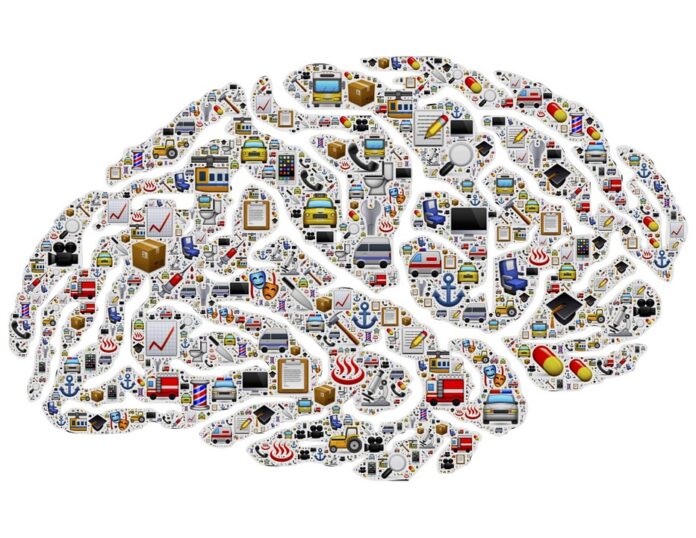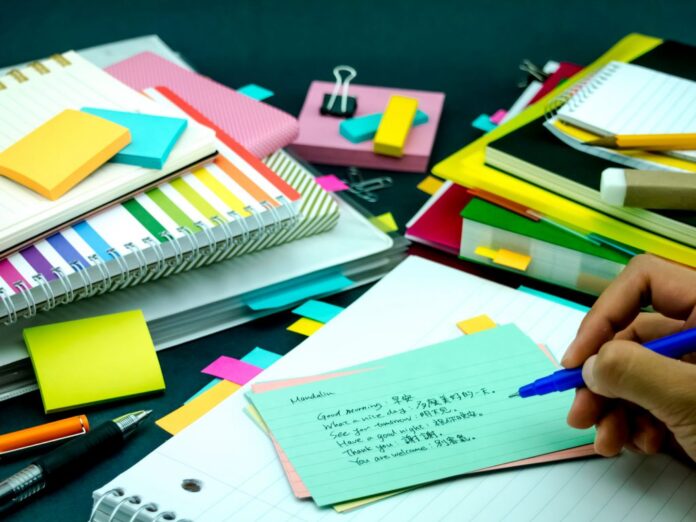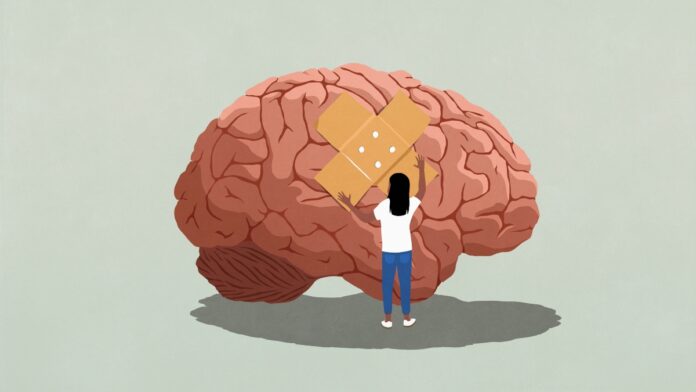Our memories, like muscles, require consistent exercise and challenge to retain information efficiently. However, not all memory exercises are created equal. Amidst the bustling sounds of turning pages, online lectures, and endless notes, stands a powerful duo – flashcards and spaced repetition.
These simple yet effective tools not only streamline the process of retention but also serve as a cornerstone for long-term mastery. Memory maximization is not about cramming moments before an exam; it’s about efficient, sustained knowledge accumulation. In order to achieve this, you can always use Gizmo!
Memory Encoding and Storage
Every day, our brains process a staggering amount of information. But how do we ensure that the right pieces of information stick? The science of memory offers us some insights.
When we first encounter new information, our brain attempts to encode it, which is a process of converting it into a form that our memory system can comprehend. Post this; the data is stored in our brain, waiting to be recalled.
Flashcards work wonders in aiding the encoding process. By breaking down complex concepts into bite-sized pieces, they ensure we don’t get overwhelmed. They help structure the information in a manner our brains can grasp quickly.
Moreover, the physical (or digital) act of flipping a card stimulates our brain’s sensory memory, leading to better retention.

The Role of Recall
Merely encoding and storing isn’t enough. For long-term retention, we need to be able to retrieve the stored information. This act of retrieval strengthens the memory pathway, making future recalls easier.
Flashcards inherently promote active recall. When you look at a card’s question, your brain actively tries to retrieve the answer. This engagement, especially when you strive to recall something challenging, fortifies the neural connections, making that piece of information more cemented in your memory.
Spaced Repetition
You’ve likely crammed for an exam at least once in your life. But how much of that hastily memorized information do you remember now? Spaced repetition is a technique that combats the forgetfulness curve, ensuring long-term retention.
The Forgetfulness Curve
German psychologist Hermann Ebbinghaus, in the 19th century, introduced the concept of the “forgetting curve.” This curve demonstrates that we forget information at an exponentially decreasing rate after learning it.
Without any review, most of what we learn might be forgotten within days. But the beauty of spaced repetition lies in its ability to counteract this curve. By reviewing information just at the point we’re about to forget, we reinforce our memory, making it less likely to fade over time.
The Power of Spaced Intervals
Spaced repetition isn’t about repeated reviewing but about the timing of those reviews. Introducing increasing intervals between review sessions optimizes the strengthening of memory pathways.
Flashcards, combined with a spaced repetition system (SRS), provide an optimal platform for this technique. Modern SRS platforms like Anki or Quizlet will prompt you to review a card just before you’re likely to forget the information. This strategic timing ensures you’re always challenging your brain, leading to robust memory retention.
Implementing the Dynamic Duo
Understanding the principles is half the battle. The real magic happens when you effectively integrate flashcards and spaced repetition into your learning routine.

Creating Effective Flashcards
Not all flashcards are made equal. Effective flashcards should be clear, concise, and focus on a single piece of information. The idea is to avoid cognitive overload.
A great flashcard uses the minimum effective dose principle—only including as much information as needed to understand or recall the concept. Additionally, incorporating visuals, mnemonic devices, or even humor can make the card more memorable. Ultimately, the card should cater to your learning style, ensuring maximum retention.
Stay Consistent!
The effectiveness of spaced repetition hinges on consistency. It’s not about how long you study, but how regularly you do it.
Establishing a daily routine, even if it’s just for ten minutes, can lead to significant memory improvements. While it may seem tedious initially, over time, as you notice the benefits, it’ll become a rewarding part of your day.
Remember, it’s about quality, not quantity. A focused ten-minute session can be more productive than an hour of distracted studying.
Digital Tools for Spaced Repetition
In our technology-driven age, several digital platforms facilitate the union of flashcards and spaced repetition, making the process more streamlined and interactive.
Anki: A Front-runner
Anki, derived from the Japanese word for ‘memorization’, stands out for its customization capabilities. Its algorithm ensures you review a card just as you’re about to forget it, capitalizing on the spacing effect.
With Anki, users can add images, sounds, and even use plugins to enhance their learning experience. Its vast community has resulted in a plethora of shared decks, allowing learners to capitalize on others’ efforts and expertise. It’s a tool built by learners for learners, ensuring optimal memory retention.
Quizlet: User-Friendly and Versatile
Quizlet is popular among students for its intuitive interface and versatility. Its various modes, including Learn, Flashcards, Write, Spell, Test, and Match, cater to different learning styles.
What sets Quizlet apart is its game-like elements. The ‘Gravity’ and ‘Match’ games make learning engaging and fun.
For those who prefer collaborative learning, Quizlet Live offers a team game setting, fostering both competition and collaboration. When learning becomes enjoyable, it’s no longer a chore but a desired activity.
Real-world Applications
The blend of flashcards and spaced repetition isn’t restricted to classrooms. Their applications extend to various professions and day-to-day activities.

Language Learning
Arguably, one of the most popular applications is in language learning. With vocabulary being a pivotal component, flashcards make for an ideal tool.
Platforms like Duolingo or Memrise utilize spaced repetition algorithms, ensuring learners don’t just cram words but retain them long-term. For polyglots or even casual learners, this duo is indispensable.
Professional Up-skilling
In professions like medicine or law, where one must be updated with the latest information, the combination of flashcards and spaced repetition becomes invaluable.
Instead of rereading bulky textbooks, professionals can create or use existing decks related to their field, ensuring they remain at the forefront of their professions.
Tips to Enhance the Experience
Now that we’re convinced about the potency of flashcards and spaced repetition let’s explore some tips to maximize their benefits.
The Feynman Technique
Named after the renowned physicist Richard Feynman, this technique emphasizes understanding over memorization. When creating flashcards, try to explain the concept in your own words.
If you struggle, it indicates a gap in your understanding. This active engagement ensures a deeper grasp of the topic, making it easier to recall.
Mix It Up
While routines are beneficial, monotony can set in if you’re always studying the same deck in the same order. Shuffle your cards or mix subjects to introduce an element of unpredictability. This randomness keeps your brain alert and engaged, leading to better retention.
The Bottom Line

In a world that constantly demands us to learn and adapt, finding the optimal way to internalize and remember information is crucial.
The potency of flashcards combined with the systematic rhythm of spaced repetition offers a tried-and-tested pathway to memory maximization. It transforms the daunting mountain of learning into manageable steps, where each card revisited acts as a stepping stone towards mastery.
In essence, it’s not just about learning more, but learning smarter.







